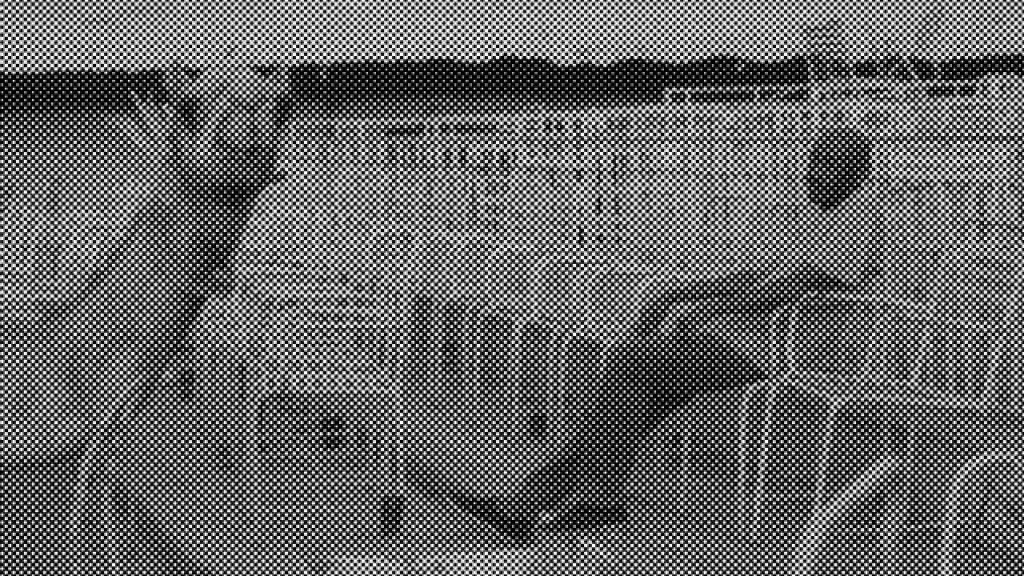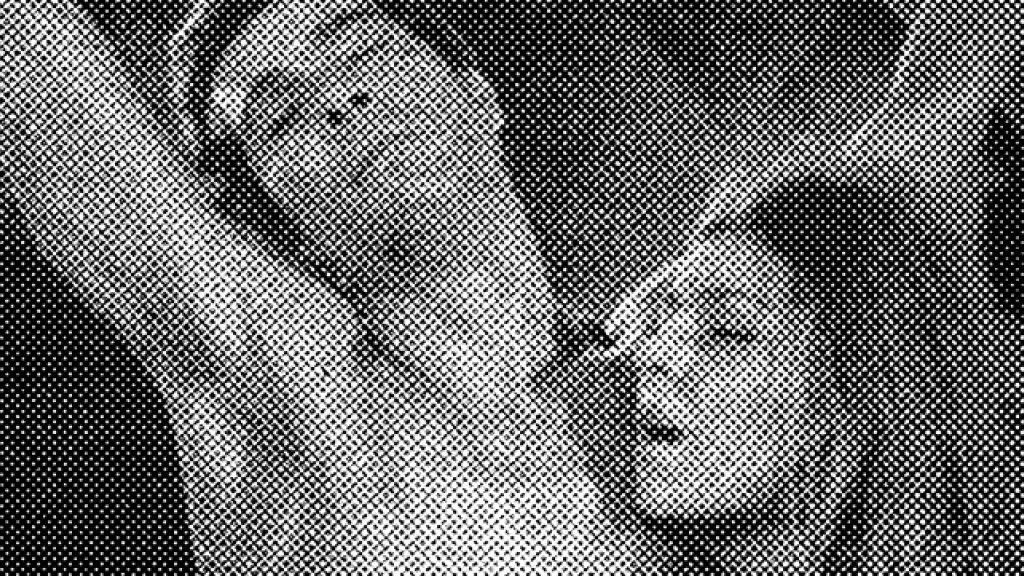
- Program
- /
- Film Series
- /
- RESTART: SİNEMA
RESTART: SİNEMA
The closure of public places during the corona crisis has made it clear that the collective experience of watching films in the cinema cannot simply be relocated into the privacy of one's own four walls. The public sphere needs a cinema where films can be watched together so that this experience can be collectively shared and, above all, discussed with other people. Because cinema is more than just films. Cinema is a space for social discourse, a place for exchange and solidarity. Beyond the commercialism and rigidity of our societal structures, cinema can be a place where people can come together for their love of films, a transtopian space that opens doors, stimulates discussion, educates, moves, provokes and inspires. Cinemas are part of the public urban architecture, while at the same time being self-contained places of longing with an utopian character. On the big screen, a variety of worlds can open up before our very eyes, allowing us to dive into and immerse ourselves into other perspectives. Cinema can therefore create new kinds of connections that extend from the cinematic world into the urban and vica versa. With these thoughts in mind, we will open our cinema experiment SİNEMA TRANSTOPIA in the Haus der Statistik on 3 September 2020 with the series RESTART: SİNEMA. For the opening programme, we have joined forces with various curators to create a series of films that examines cinema as a unique social and aesthetic space.
For over five years, bi’bak has been organising the film programme bi'bakino, which creates a space for transnational, post-colonial and (post)-migrational perspectives and therefore serves to place local events in the context of global developments. bi’bak’s praxis has shown that cinema has not lost its importance as a social meeting place, as a space that brings together different communities and aesthetic approaches. In a similar vein, so too is the Initiative Haus der Statistik transforming the former GDR administration building into a communal space that combines culture, social issues, education and integrated living. As a result, our cinema, which is committed to exchange and participation, has found an ideal location in the pioneering use of the Haus der Statistik.
Funded by Hauptstadtkulturfonds
Curated by Popo Fan, Tobias Hering, Malve Lippmann, Branka Pavlović, Can Sungu, Sarnt Utamachote and Florian Wüst
Popo Fan is a Berlin-based Chinese diaspora filmmaker, curator and writer. His films include queer activism documentaries and scripted, sex-positive shorts. For more than a decade, he has organized the Beijing Queer Film Festival and founded the Queer University Video Training Camp in China.
Tobias Hering is an independent film curator whose work focuses on thematic film programs dealing with questions of image politics and the role of archives. He has accompanied Grisey and Touré´s research at different occasions as a curator, moderator, and friend and contributed to their book Sowing Somankidi Coura, A Generative Archive (Archive Books, 2017). WEBSITE
Branka Pavlovic studied film and TV in Belgrade and continued her academic career with a master’s degree in Art in Context at the University of Arts Berlin. Since 2009, she has worked for the Free Zone Film Festival in Belgrade as its leading program director. She developed the art education program of nGBK Berlin and teaches as a freelance art instructor at the Freie University Berlin, leading numerous seminars and workshops.
Can Sungu is a freelance artist, curator and researcher. He studied film, interdisciplinary arts and visual communication design in Istanbul and Berlin. He gave lectures on film and video production, curated various programs and events on film and migration, and took part in numerous exhibitions. He has worked as a juror and consultant for the Berlinale Forum, International Short Film Festival Oberhausen and the DAAD Artists-in-Berlin Program, among others. He is co-founder and artistic director of bi‘bak and Sinema Transtopia in Berlin. Since 2023 he is curator for filmic practices at HKW in Berlin.
Sarnt Utamachote (ษาณฑ์อุตมโชติ) is a Southeast Asian nonbinary filmmaker and curator based in Berlin. They are a co-founder of the artist collective un.thai.tled and curated film events and exhibitions regarding postcolonial histories, Southeast Asian diaspora and activism. Currently they work as a selection committee member for Xposed Queer Film Festival Berlin and Short Film Festival Hamburg.
Florian Wüst curates film programs and exhibitions for international art institutions, cinemas and festivals. He is co-founder of the Berlin Journals – On the History and Present State of the City that address the social, cultural, and economic changes in Berlin and other cities.

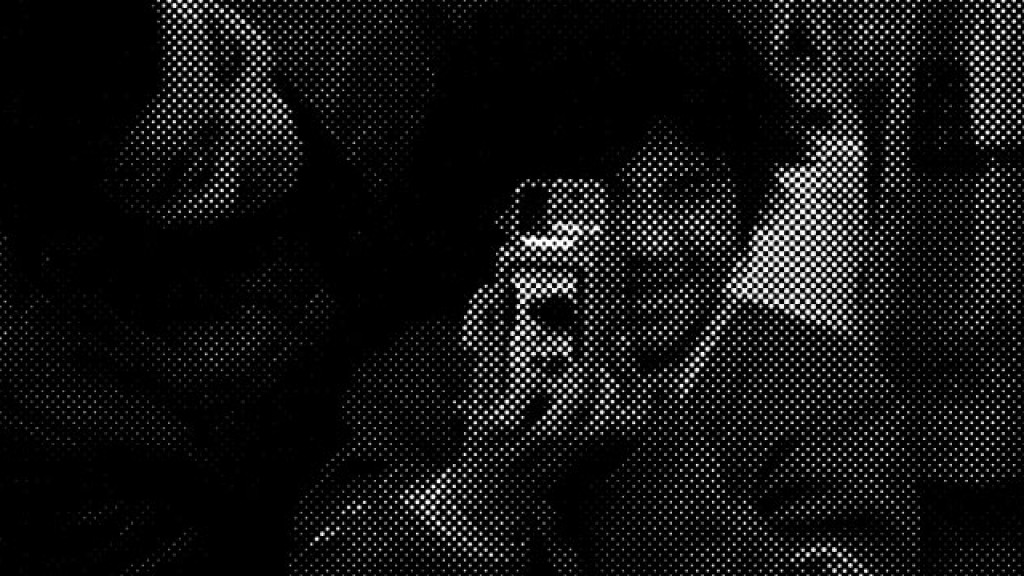
Cien niños esperando un tren
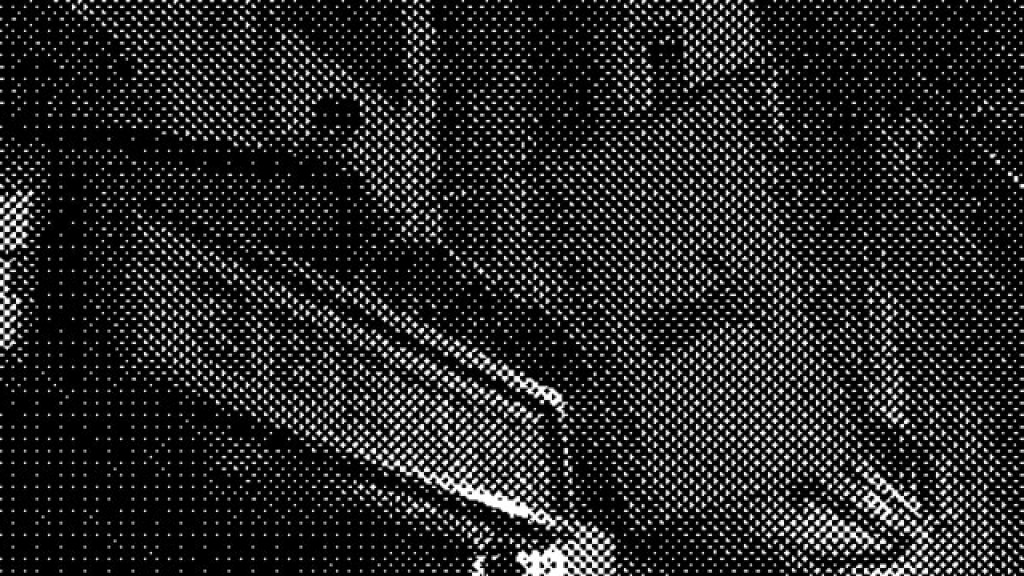
Occupied Cinema
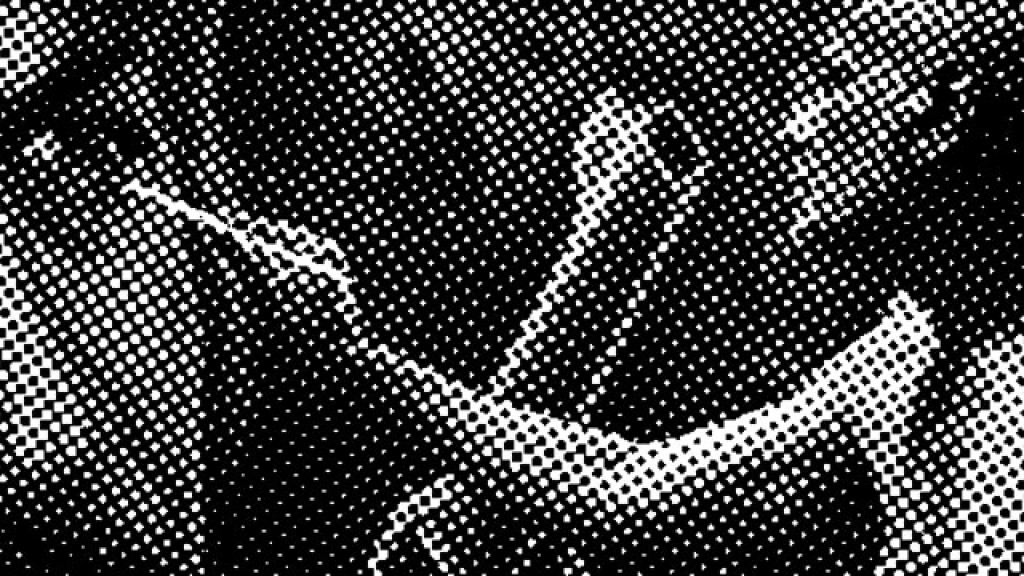
Original Copy
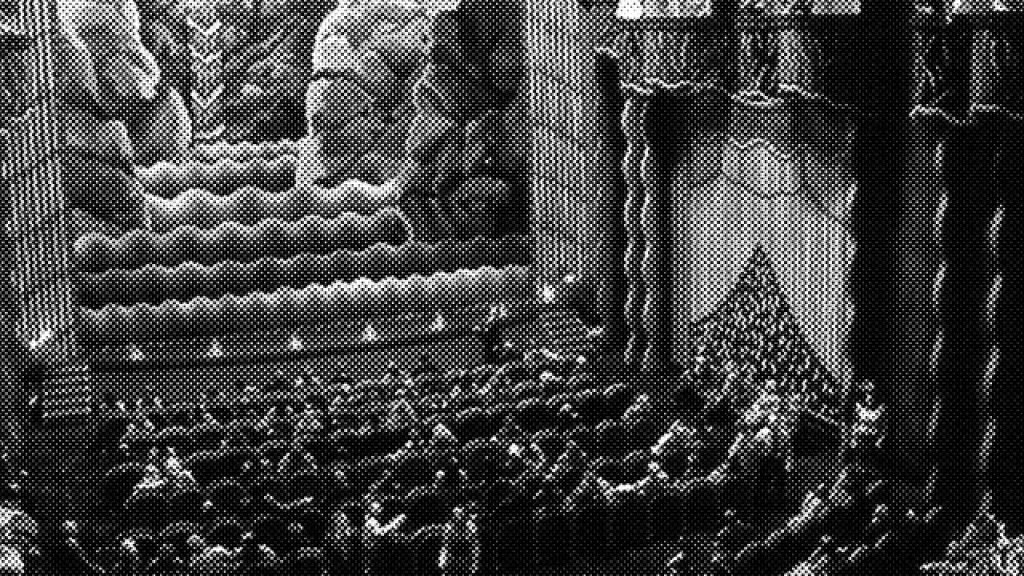
Suzan Pitt / Amos Vogel
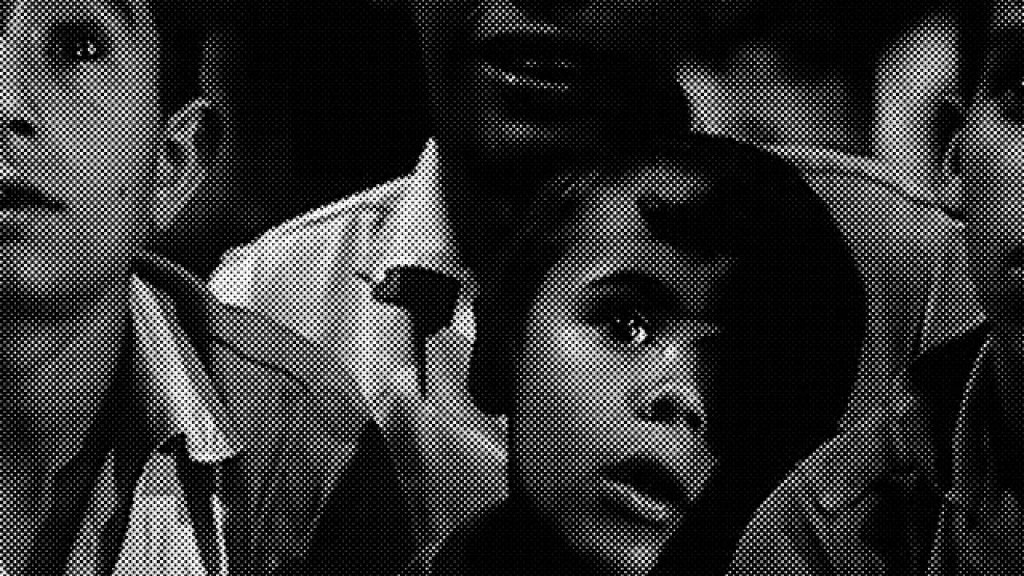
SHORT FILM PROGRAMME
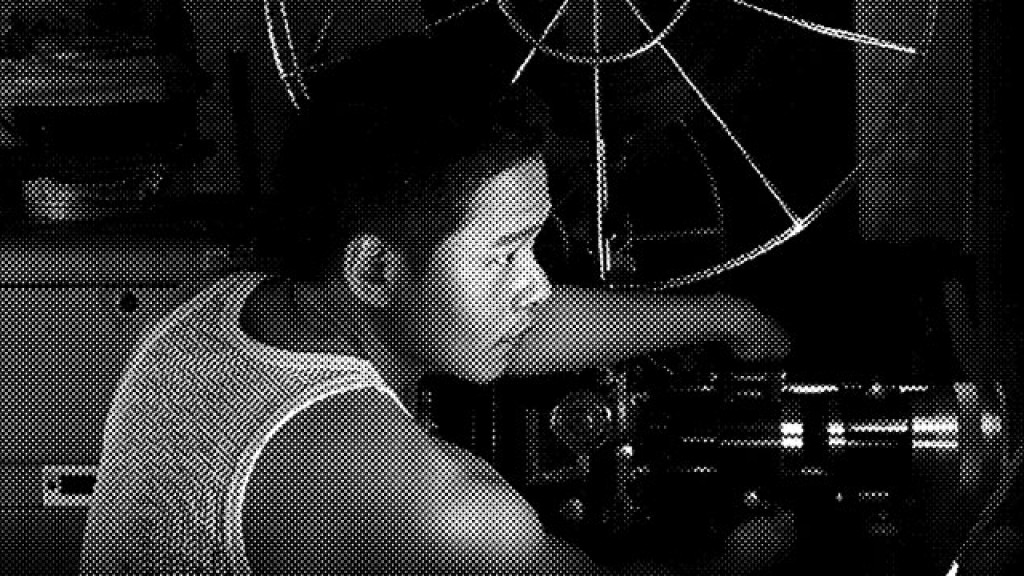
Goodbye Dragon Inn
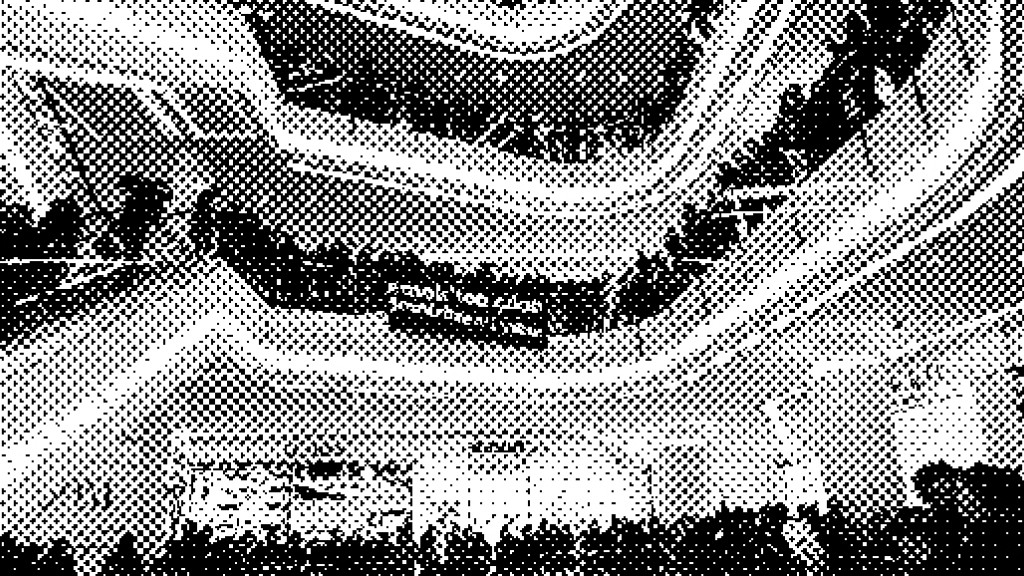
Audience Emancipated - The Struggle for the Emek Movie Theater
